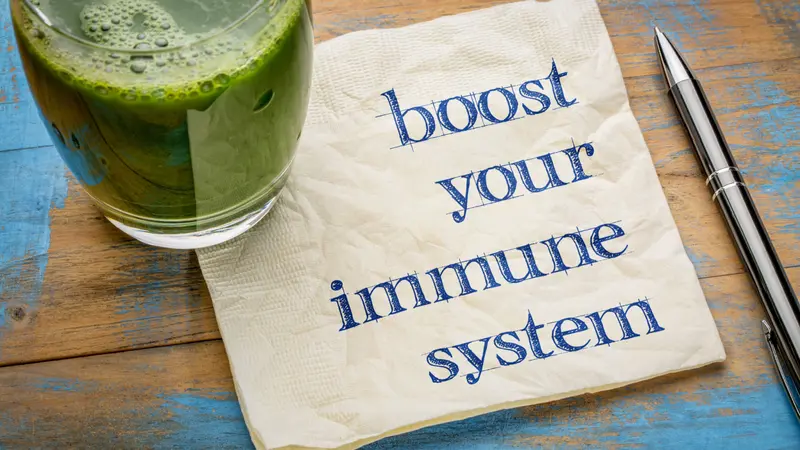

Functional Medicine

Functional Medicine
Diet and Lifestyle for a Stronger Immune System
The innate immune system is the body’s first line of defense against invaders. How can we best support the health of this critical system?
Nutrition and Exercise
A 2018 study suggests that environmental stress may cause changes in the innate immune system, causing dysfunction.
Nutrition, including polyphenols like curcumin, and natural antioxidants (such as vitamin E, vitamin C, beta carotene, selenium, copper, iron, and zinc) may play a key role in immunity by reducing inflammation and oxidative stress, leading to improved immune functioning.
Evidence suggests that exercise also has a powerful effect on the functioning of the immune system, with regular, moderate-intensity exercise generally accepted as beneficial.
A 2018 study found that a high-intensity interval walking protocol in older adults with stable rheumatoid arthritis was associated with reduced disease activity, improved cardiovascular fitness, and improved innate immune functions. Another recent study provides evidence to suggest that cytotoxic T cells become stressed in healthy individuals after just one session of cycling.
Kara Fitzgerald, ND, says that diet is the first conversation she has with her patients. She also relies on omega 3 fatty acids, vitamin D, K2, and curcumin as interventions for immune health, as well as working on the health of the gut and microbiome.
REFERENCES
Institute for Functional Medicine. (n.d.). Innate immunity: diet and lifestyle support. https://www.ifm.org/news-insights/lifestyle-improve-immune-function-diet-lifestyle-changes/


 By
By







